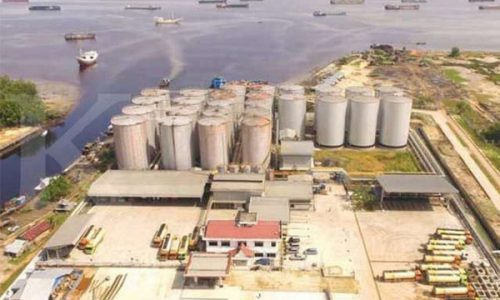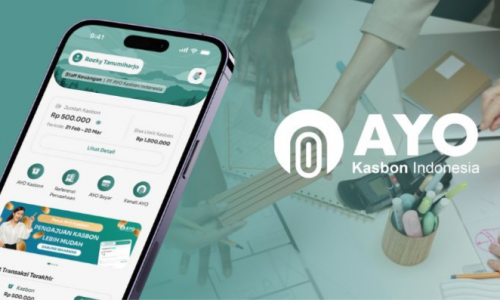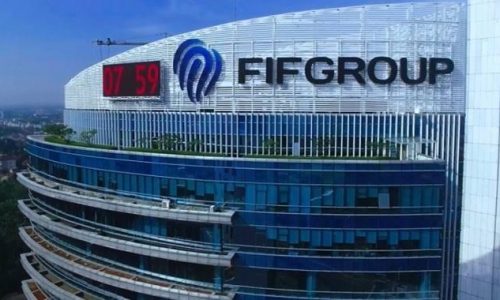The China International Capital Corporation (CICC), a massive investment bank, has announced plans to expand its presence in Southeast Asia, targeting Indonesia, Vietnam, Malaysia, and Thailand in its third phase of international expansion.
CICC, founded in 1995, a partially Chinese state-owned multinational investment company that invests to individuals, institutions, and governments with a net profit in 2022 at RMB 7,598 million. Recently, it has headquarters in Hong Kong Kong, USA, Singapore, Great Britain, Germany, and Japan.
Quoting insights from the Financial Times, CICC, backed by assets totaling around US$90 billion (IDR 1,415.5 trillion) views Southeast Asia as a region witnessing just the tip of the iceberg in terms of Chinese companies seeking opportunities.
Southeast Asia is home to 700 million people, with Indonesia totalling around 279 million alone, making the region a potential China’s top trading partner.
Stephen Ng, CICC’s operational leader in Southeast Asia and South Asia, revealed that the bank’s office in Singapore, like all its overseas branches operating under CICC International, has more than doubled its workforce to 60 employees since the COVID-19 pandemic erupted.
In September last year, CICC obtained approval in Vietnam to open a representative office for marketing and sales. The bank, whose shares are owned by Tencent and Alibaba, also plans to apply for financial advisory licensing in Indonesia. Offices in Malaysia and Thailand are expected to follow suit in the coming years.
“We’re only seeing the tip of the iceberg of Chinese outbound investments,” Ng told the Financial Times on March 19, 2024.
“The proximity, culture, language, and natural resources of Southeast Asia are significant attractions for Chinese companies,” he adds.
Ng highlighted Indonesia’s potential in merger and acquisition activities, equity fundraising, and bond issuance. He emphasized that while many countries are more accustomed to dollar bonds, Eurobonds, and Japanese yen, CICC plays a crucial role in educating them about the relevance of panda bonds (Chinese yuan-denominated bonds) for their nation’s development.
Ng mentioned projects such as the development of Indonesia’s new capital, Nusantara Capital (IKN), worth US$ 35 billion, as potential investment opportunities.
This year, Ng added, the bank will focus on commercializing and monetizing the relationships it has built in Southeast Asia. CICC has already served companies like electric vehicle manufacturers BYD and Geely and aims to act as a “bridge” connecting these companies with Southeast Asia.
“For every BYD and Geely, there are hundreds or thousands of other Chinese companies looking for potential investments in Southeast Asia,” Ng said.
Founded in 1995 as a joint venture between Morgan Stanley and China Construction Bank, CICC was the first investment bank in China and has long been regarded as the institution of choice for Chinese state-owned enterprises. Morgan Stanley divested its stake in CICC in 2010.
CICC, the most active Chinese investment bank in foreign deal-making, reported revenue of US$ 2.6 billion in the first half of 2023, up 5 percent year-on-year.
The company did not disclose whether its overseas operations were profitable, but according to filings, its overseas business initially generated revenue of RMB 3 billion (US$ 416.7 million) in the first half of 2023, up 31 percent year-on-year, including branch offices in Hong Kong.
CICC’s expansion beyond mainland China began in 1998 with offices in Hong Kong, followed by a second phase with openings in other global financial centers including Singapore, New York, and London.
According to Ng, Southeast Asia is a critical part of the third phase, with hopes to offer services in Indonesia’s digital economy and electric vehicle ecosystem, which includes nickel.
Ng noted that analysis shows China’s market comprised 90 percent retail investors 15 years ago, but now 50 percent are institutional.
“If Indonesia continues to progress well, I think we could see something similar [to China],” he said.









